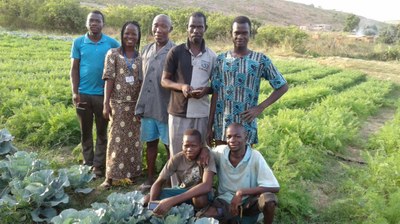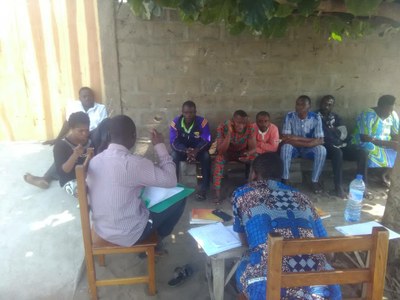Impact of Development Support to MSMEs in Benin (2nd round)
This follow-up data collection was organized after analysis of the baseline data collected in 2016 in the context of the PROFI agricultural program. The program was launched by the Belgian Technical Cooperation in Benin (BTC-Bénin, currently known as Enabel) in support of agricultural entrepreneurs involved in the supply chain of vegetables, rice, and cashews in two regions of Benin: Mono-Couffo (MC) in the South; and Atacora-Donga (AD) in the North.
The main goal of this second round of data collection is to study the role of governance and more generally the social capital of participating MSMEs in their economic and social performance and in the impact of the support provided by the PROFI project. In addition to this key objective, the data will also serve to study the size, nature, and distribution of benefits of MSMEs for smallholder farmers in Benin.
To conduct these analyses, we collect survey data on MSMEs’ social capital – with a special focus on internal governance – as well as their activities, financing, and received (non-)financial support. The survey consists of a group-level survey and an individual-level survey, implemented among 195 MSMEs and their members who were interviewed for the PROFI baseline data collected in 2016. Among the 195 MSMEs, 108 are located in Mono-Couffo and the remaining 87 are based in Atacora-Donga. The group survey interviews at least five members of each MSME collectively to obtain information with greater accuracy and precision, while the individual survey interviews each participant of the group survey separately to obtain individual-level or more private information. These survey data will be combined with the individual- and group-level baseline survey data collected in 2016 to study our research questions through micro-level empirical analysis.
 |
|---|
 |